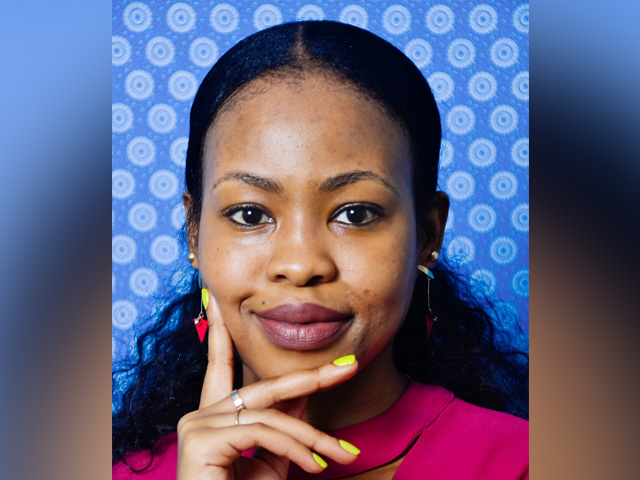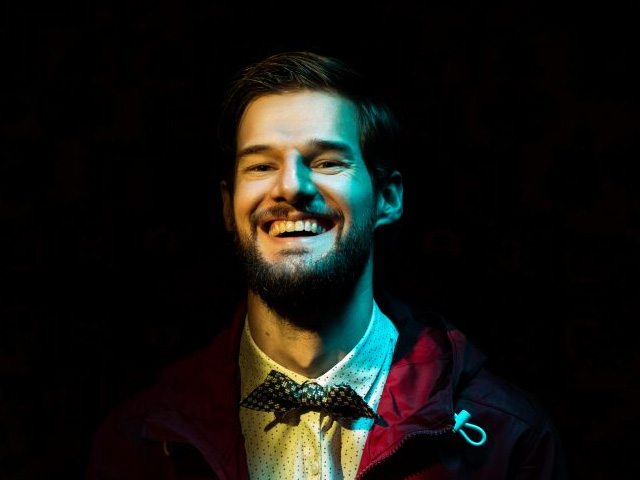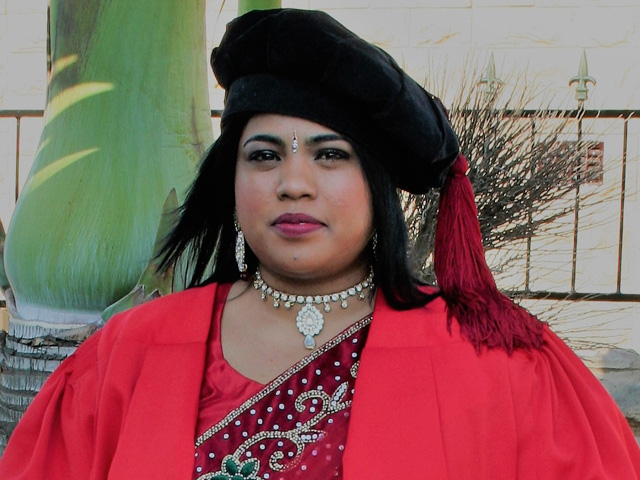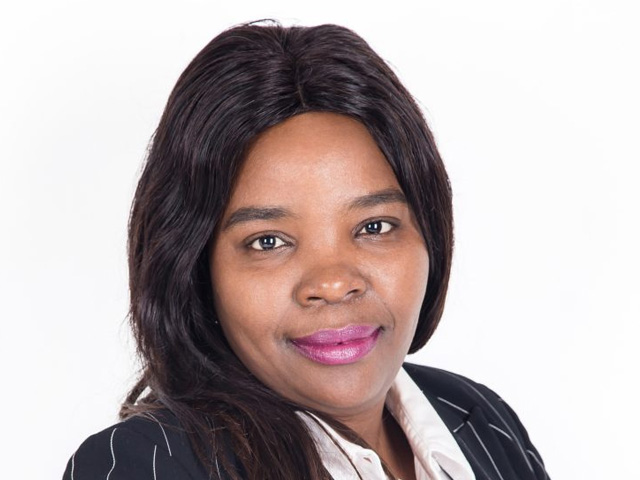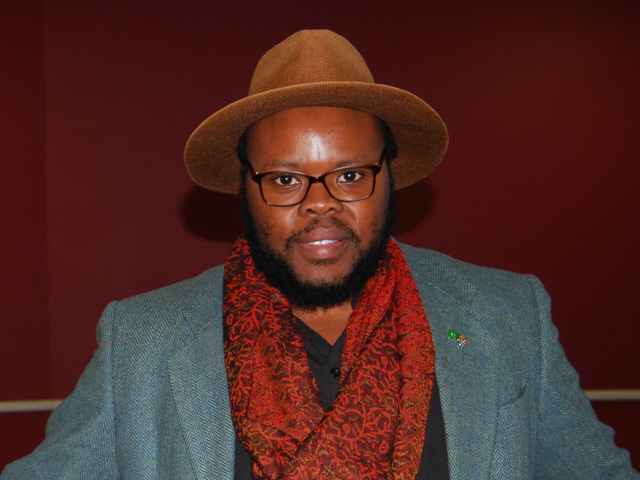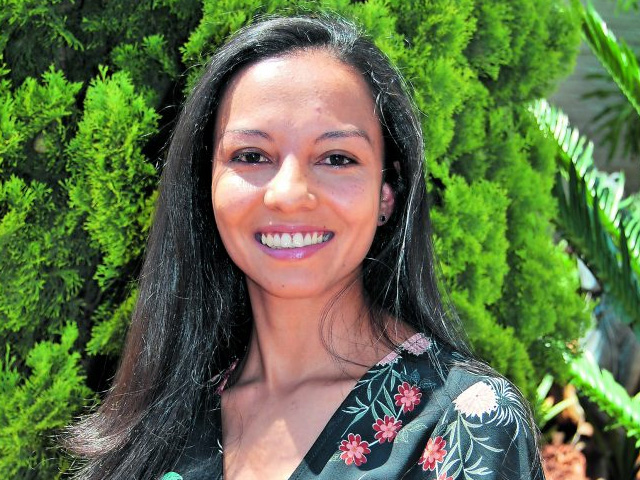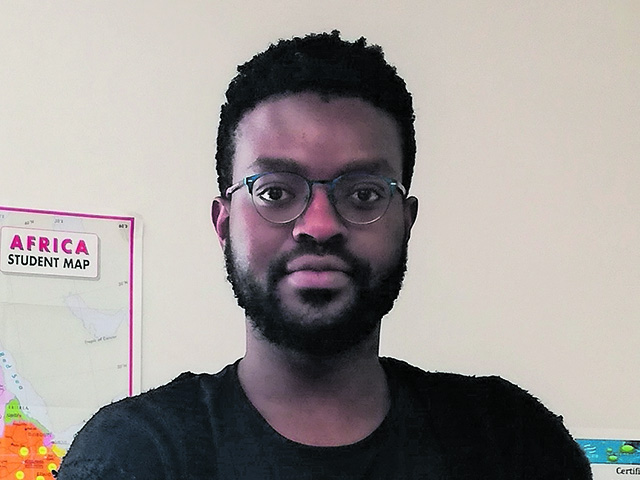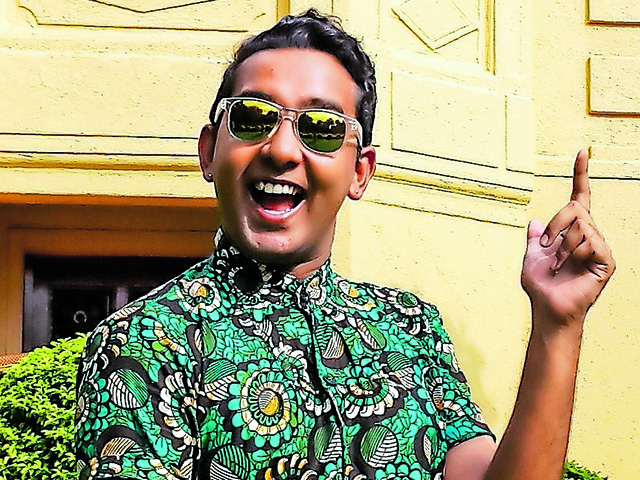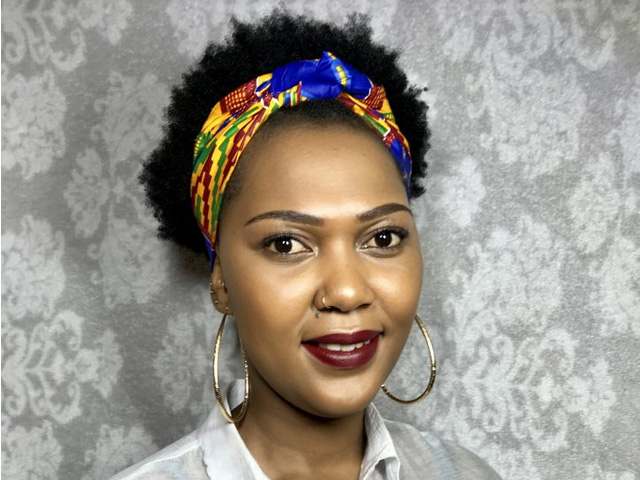Knowing that each day she knows more than the day before is the inspirational force that drives Alude Mahali, research specialist at the Human Sciences Research Council (HSRC) in its Human and Social Development Programme.
With a doctorate in cultural studies from the University of Cape Town, Mahali aims to support and create opportunities for all people, particularly those from marginalised communities, to meaningfully participate in educational, social, political and civic life.
Through her work, she provides tangible insights into how education-related policies and programmes can be improved to better meet the needs of people, including the roles that gender, class and race play in affecting how people tackle development challenges.
Mahali’s most innovative work has been her role as co-principal investigator and project manager of a five-year study entitled Race, Education and Emancipation. The study followed a cohort of students from eight South African universities between 2013 and 2017, portraying their struggles, actions they took to change their circumstances and the institutions they attended. The data collected covered structural impediments to success including finances, institutional racism, feeling unwelcome, language problems, hunger, and issues of intersecting social and sexual identities, such as being female, gay, or having too much freedom. From the study, Mahali produced the documentary Ready or Not! Black Students’ Experiences of South African Universities.
“The stories told in the documentary provide a living, breathing understanding of what it means to go through the South African university system — accessing, starting, staying, passing, stopping, swapping, returning, finishing, graduating and working,” says Mahali.
“The usefulness of Ready or Not! will depend on the film’s potential to prompt reflection in students, learners, parents, teachers, lecturers, government departments, policymakers, university administrators and faith-based institutions about alternative ways of being and operating that yield different results. The documentary raises questions about elements of educational policy and practices, while revelling in the successes of young people who beat the odds,” says Mahali.
She pinpoints two main challenges in her area of work. The first is that the shifting landscape of higher education in South Africa is both exciting and precarious. The second is the importance of being sensitive to and respectful of the people who give researchers insight and access to their lives.
“I strive to ensure participants speak for themselves. They let us into their lives and even into their homes for extended periods. They give us access to their health status, personal information, children and families. There is tremendous responsibility on us to ensure their voices are not only heard, but never misrepresented.” — Linda Doke
